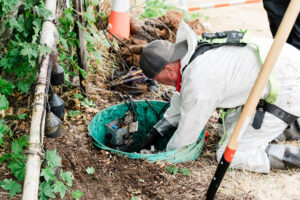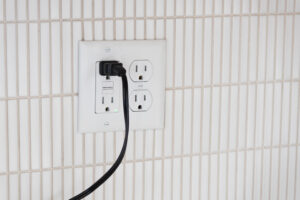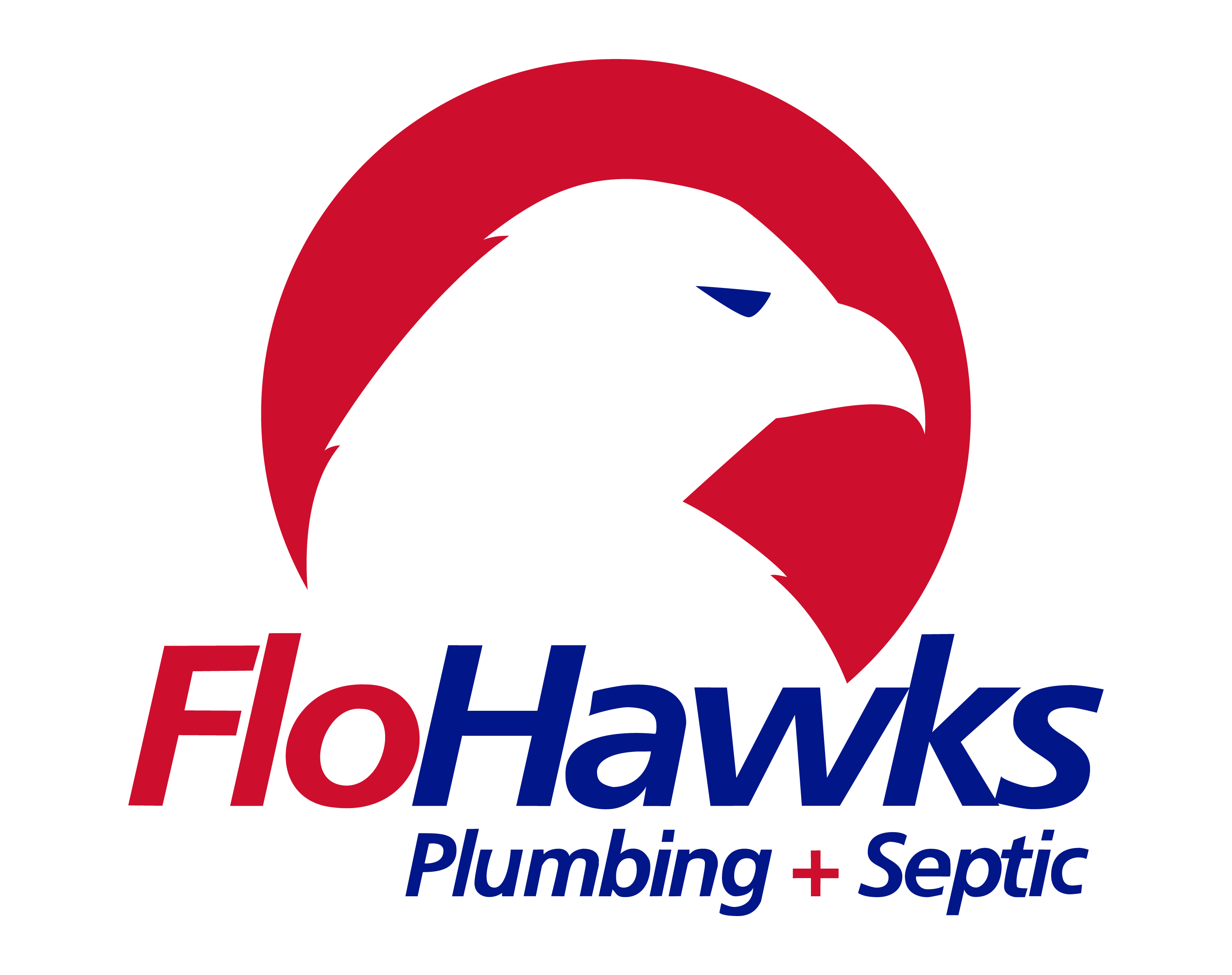If you’re experiencing hot water issues like low pressure water or brown water, you might be in the market for a new water heater! Choosing the right water heater for your home is a significant decision that impacts both comfort and energy efficiency. Two popular options on the market today are tankless water heaters and traditional tank water heaters. Each type comes with its own set of advantages and disadvantages, catering to different household needs and preferences.

Let’s explore the pros and cons of both tankless water heaters and traditional water heaters to help you make an informed decision.
Traditional Water Heaters
Pros:
Lower Initial Cost: Traditional water heaters are generally cheaper to purchase and install compared to tankless models. This affordability makes them a popular choice for homeowners on a budget or those looking for a quick replacement.
Simple Installation: Installing a traditional water heater is straightforward, especially when replacing an existing unit. Most homes are already equipped with the necessary infrastructure, reducing installation time and costs.
Familiarity: Many homeowners and plumbers are familiar with traditional water heaters, making maintenance and repairs easier and potentially less expensive.
Cons:
Limited Efficiency: Traditional water heaters continuously heat and store water in the tank, which can lead to standby heat loss. This inefficiency results in higher energy bills over time, especially if the tank is not well-insulated.
Limited Hot Water Supply: The size of the tank determines the amount of hot water available at any given time. Once the stored hot water is depleted, low hot water pressure can occur as the tank refills and reheats the water.
Shorter Lifespan: On average, traditional water heaters have a lifespan of 10-15 years. Over time, sediment buildup inside the tank can lead to corrosion and reduced efficiency, necessitating replacement.
Tankless Water Heaters
Pros:
Energy Efficiency: Tankless water heaters only heat water on demand, eliminating standby heat loss. This can result in significant energy savings, especially in households with low to moderate hot water usage.
Endless Hot Water: Tankless models provide a continuous supply of hot water, as they heat water instantly when needed. This is beneficial for larger households or homes with high hot water demand.
Longer Lifespan: Tankless water heaters typically have a longer lifespan of 20 years or more. They also require less maintenance compared to traditional models, as there is no risk of tank corrosion or sediment buildup.
Cons:
Higher Initial Cost: The upfront cost of purchasing and installing a tankless water heater is higher than that of a traditional model. Additional upgrades to gas lines or electrical circuits may also be necessary, increasing installation costs.
Limited Flow Rate: Although tankless water heaters provide continuous hot water, their flow rate may be limited. Larger households or simultaneous hot water usage in multiple outlets may require a higher-capacity unit, which can be more expensive.
Complex Installation: Installing a tankless water heater can be more complex, especially in homes not originally designed for one. Proper sizing and placement are crucial to ensure optimal performance and efficiency.
When choosing between a tankless water heater and a traditional water heater, consider your household’s hot water needs, budget, and energy efficiency goals. Traditional heaters can be cheaper upfront but can lead to higher energy costs over time due to inefficiency.
Tankless heaters offer energy savings and continuous hot water, but they require a higher initial investment and more complex installation. Proper sizing, professional installation, and regular maintenance are crucial for both types to ensure efficiency and longevity. It’s also important to factor in maintenance costs, such as septic and plumbing services, which can vary depending on the type of system you choose.
Consulting with a qualified plumber can help determine the best option for your home. At FloHawks, we provide septic and plumbing installation services tailored to your needs to ensure optimal efficiency! Give us a call today!










